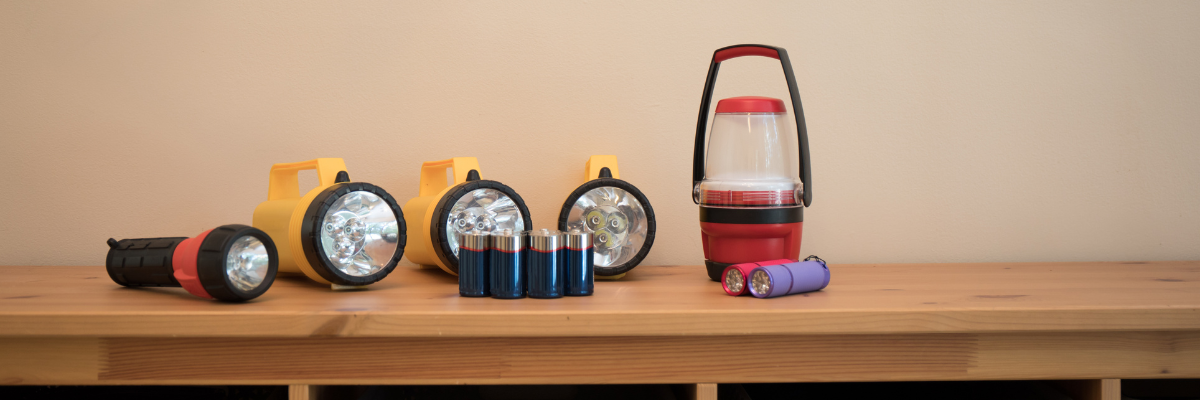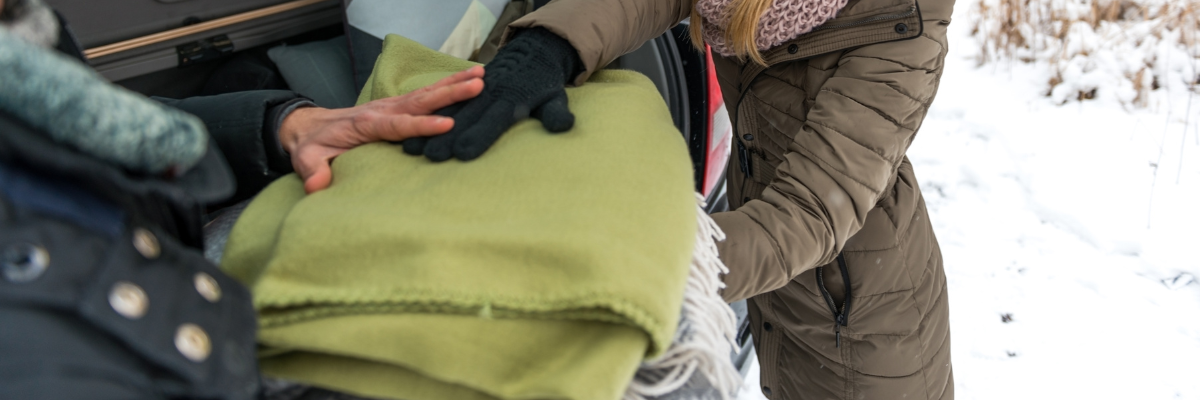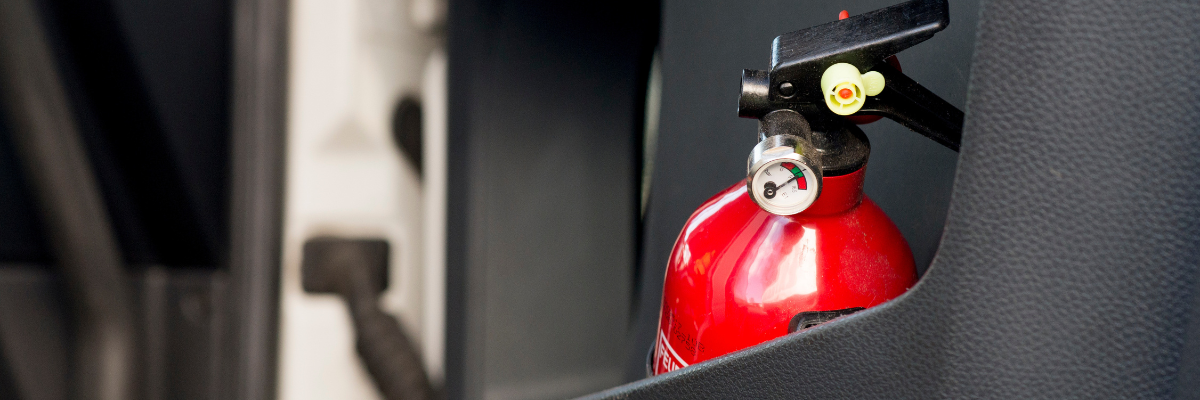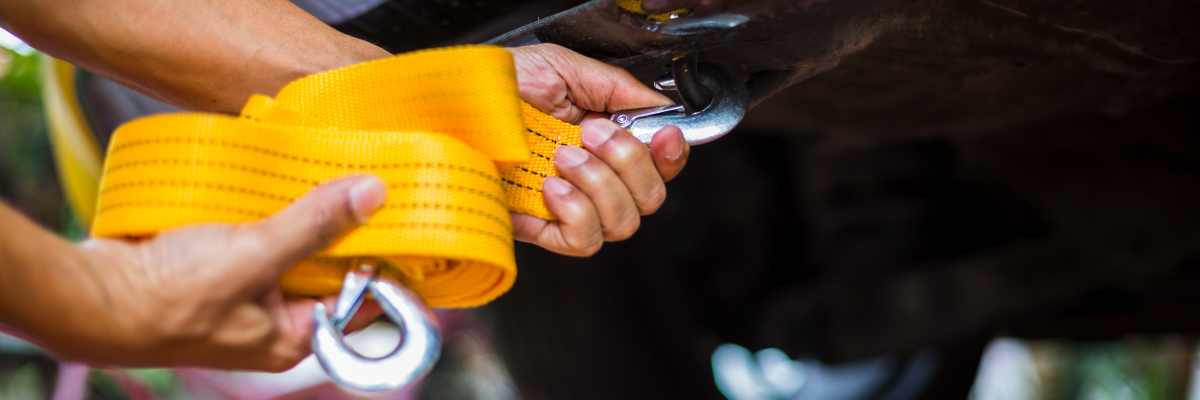Prepping Your Vehicle’s Roadside Emergency Kit: Everything You Need
In the UK, there are approximately 38 million licensed vehicles on the road. With this vast number of vehicles, emergencies will inevitably occur. Whether it’s a flat tyre, a mechanical failure, or an accident, being prepared can make a significant difference. A well-stocked emergency car kit can be a lifesaver in these situations, helping to keep you safe until help arrives.
According to the Royal Society for the Prevention of Accidents (RoSPA), there were 150,000+ casualties, of all severity, in reported road traffic accidents in 2019. Having an emergency kit in your vehicle can help manage these situations more effectively, potentially reducing the severity of injuries or even saving lives.
Moreover, a study published in the Journal of the American Medical Association (JAMA) Surgery highlighted the importance of time to definitive care following an injury. The study found that prehospital trauma care, which can be provided through a well-equipped emergency car kit, is a crucial component of caring for injured patients. This underlines the importance of having an emergency kit that can provide immediate care. That said, our experts here at Orion Safety Belts have created an ideal checklist so that you can pack all the necessities without any issues.
Now, let’s delve into the essentials that your vehicle’s emergency kit should contain:
1. First Aid Kit

A first aid kit for your car is a must-have in any driving emergency kit. It should include bandages, antiseptic wipes, tweezers, medical tape, gloves, a tourniquet, a c-spine collar, and a digital thermometer. You might also want to include any necessary prescription medications. Having a first aid kit can help you treat minor injuries on the spot or provide temporary relief until professional medical help arrives. It’s also important to regularly check and replenish the items in your first aid kit to ensure they are not expired or depleted. Additionally, consider including a first aid manual or instruction booklet if you’re not familiar with how to use the items in your kit. It also helps to have a CPR key on hand with instructions.
2. Flashlight and Extra Batteries

A flashlight can be a lifesaver in a nighttime emergency. Ensure you have one that’s bright enough to light up a large area and always carry extra batteries. A flashlight can help you signal for help, navigate in the dark, or even assist in making minor repairs to your vehicle. Consider choosing a flashlight with a long battery life and a durable design to withstand harsh conditions. Some flashlights also come with additional features like a strobe mode for signalling or a built-in radio for receiving news updates.
3. Blankets

If your vehicle breaks down in cold weather, a blanket can keep you warm while you wait for help. A blanket can also create a makeshift shelter or provide a soft surface to lie on if needed. In addition to a regular blanket, consider packing an emergency thermal blanket, that’s designed to retain heat, in your roadside emergency kit. These are lightweight, compact, and designed to retain up to 90% of your body heat, making them highly effective in cold weather emergencies.
4. Fire Extinguisher

A small, lightweight fire extinguisher can be crucial if a fire breaks out in your vehicle. Make sure it’s rated for Class B and Class C fires by the National Fire Protection Association. A fire extinguisher can help prevent a small fire from becoming a major blaze, potentially saving lives and property. Remember to regularly check the pressure gauge on your fire extinguisher to ensure it’s still functional and replace it if necessary. This is a crucial element of your roadside emergency kits in the event of a fire.
5. Food and Water
Pack non-perishable food items and bottled water in your emergency kit. These can be vital if you’re stranded for a prolonged period. Choose food items that are high in energy and easy to eat, such as energy bars, canned food, and nuts. Remember to replace these items regularly to ensure they are fresh when you need them. It’s also a good idea to pack a manual can opener if you’re including canned food in your kit.
6. Road Flares or Triangle Reflectors

These can help signal your presence to other drivers, especially at night or in poor visibility conditions, reducing the risk of accidents. Road flares can be seen from a distance, alerting other drivers to your presence and preventing further accidents. Triangle reflectors are also effective and do not require a power source. Both flares and reflectors are compact and lightweight, making them easy to store in your vehicle.
7. Jumper Cables

A dead battery can happen to anyone. Having a set of jumper cables can get your vehicle running again or help another motorist in need. Jumper cables are a simple tool that can help you get back on the road without needing a tow truck. It’s also a good idea to familiarise yourself with how to use jumper cables correctly to avoid causing damage to your vehicle or injuring yourself.
8. Multi-tool

A multi-tool can be handy for a variety of situations. It can include a knife, screwdriver, can opener, pliers, and other useful tools. A multi-tool can help you make minor repairs to your vehicle, open canned food, cut rope, and perform other useful tasks. Look for a multi-tool that is sturdy and has a good selection of tools to cover a wide range of potential needs. These factors make a multi-tool a highly valuable part of your roadside emergency kit.
9. Portable Phone Charger
In case of an emergency, you’ll need your phone to call for help. A portable charger can ensure your phone doesn’t run out of battery. Choose a charger that is compatible with your phone and has a high enough capacity to fully charge your phone at least once. A solar-powered charger can be a good option for long-term emergencies where you may not have access to a power source.
10. Tow Rope

A tow rope can be useful if your vehicle needs to be moved and a tow truck isn’t immediately available. A tow rope can help you move your vehicle out of the road or to a safer location. Make sure the tow rope is strong enough to handle the weight of your vehicle. It’s also a good idea to familiarise yourself with how to use a tow rope safely to avoid causing damage to your vehicle or injuring yourself.
11. Spare Tyre, Jack, and Tyre Iron
No roadside emergency kit is complete without a spare tyre. Flat tyres are a common issue. Having a spare tyre, along with the tools to change it, is essential. A spare tyre can get you back on the road quickly without needing to wait for roadside assistance. Remember to check the condition of your spare tyre regularly to ensure it is in good condition when you need it. Also, make sure you know how to change a tyre safely and efficiently.
12. Windshield Ice Scraper

In winter, a windshield ice scraper can help you clear your windshield and windows for better visibility. An ice scraper is a simple tool that can help you safely navigate in winter conditions. Choose a scraper that is sturdy and has a comfortable grip. Some scrapers also include a brush for removing snow, which can be useful in heavy snowfall. And if you live in a part of the world that is particularly prone to cold and icy conditions, then this item is a must-have in your roadside emergency kit.
13. Maps
While most of us rely on GPS, having a physical map can be a good backup if your digital devices fail. A map can help you navigate and find your way to safety if you are lost or in an area without cell service. Consider keeping a local map as well as a national map for long-distance travel. At the end of the day, a GPS is a machine and it can glitch or the GPS on your phone may become unavailable due to a lack of battery, which is risky, especially if you don’t have the option to charge it in the car. That said, a physical copy in your roadside emergency kit can come in handy.
14. Emergency Contact Information
Have a list of emergency contact numbers, including roadside assistance, your mechanic, and next of kin. This information can be crucial in an emergency when you may not have time to look up numbers or may not have cell service to access digital information. Consider keeping this information in a waterproof container or bag to protect it from damage.
15. Money
Keep some cash and change in your kit for situations where cards may not be accepted. Having cash on hand can help you pay for emergency services, buy food or water, or pay for a taxi or public transportation if needed. It’s also a good idea to include a small amount of change for pay phones or parking metres. That said, it’s just a good practice to give yourself a safety net and store some emergency funds in your roadside emergency kit. You never know when you might need it.
16. Seatbelt Cutter and Window Breaker

In some emergencies, you may need to quickly exit your vehicle. A seatbelt cutter and window breaker are compact tools that can help you escape from your vehicle if the doors are jammed or the seatbelt is stuck. Remember to keep these tools in a place where they are easily accessible, not in your trunk or glove box. Additionally, it’s also important to make sure that before every road trip you take – short or long – please check your seat belts for any defects. Better yet, have one of our experienced professionals give your safety equipment a proper once-over before you hit the road.
We offer a wide range of seatbelt-related services from repairing and replacement, to rewebbing, testing, and much more. So, contact us today and let our talented professionals help make your vehicle that much safer.
With all that said, remember, the best way to handle emergencies is to be prepared for them. A well-stocked emergency kit can make a significant difference in the outcome of a road emergency. Stay safe on the roads and check out our other blogs for leading tips on car and road safety!
